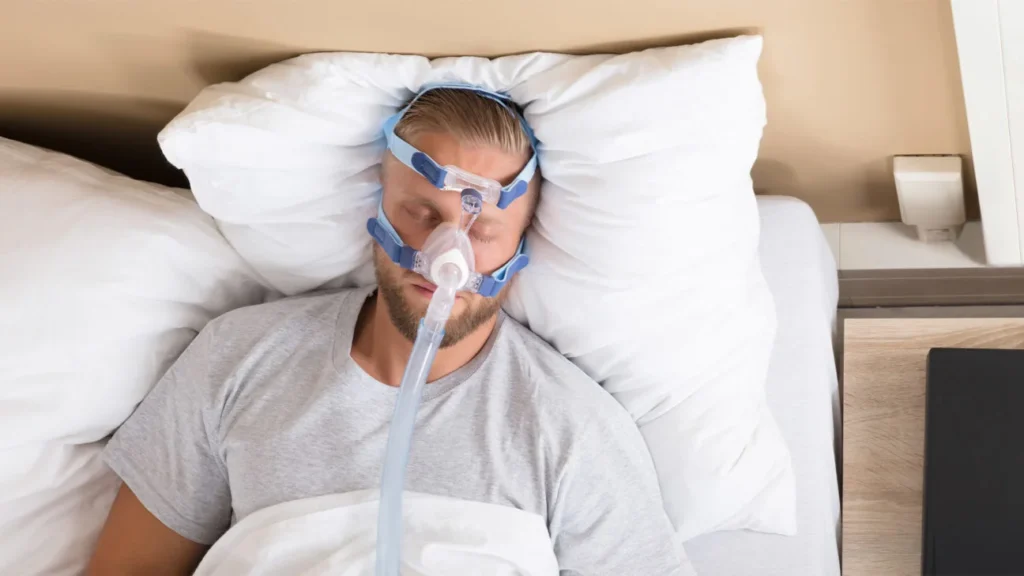What is Obstructive Sleep Apnea?
Obstructive Sleep Apnea (OSA) is a common and potentially dangerous sleep disorder characterized by repeated interruptions in breathing during sleep. This occurs when the muscles in the throat relax, causing the airway to become blocked.
Symptoms of Obstructive Sleep Apnea
Identifying OSA can be challenging since many symptoms occur during sleep, but some key indicators include:
Loud Snoring: Often accompanied by gasping, coughing, or choking sounds.
Excessive Daytime Sleepiness: Despite a full night’s sleep, individuals may feel tired and groggy.
Waking Up with Discomfort: This can include a sore throat, dry mouth, or morning headaches.
Irritability and Depression: OSA can lead to mood changes and mental health issues.
Pauses in Breathing: Observed by a bed partner or through sleep studies.
Who is at Risk?
OSA can affect anyone, but certain factors increase the risk:
Obesity: Excess weight can lead to fat deposits around the airway, obstructing breathing.
Hypertension: High blood pressure is a common comorbidity with OSA.
Sex: Men are more likely to develop OSA than women, although women’s risk increases post-menopause.
Chronic Nasal Congestion: Narrowed airways or nasal congestion can exacerbate OSA.
Diabetes: Individuals with diabetes have a higher chance of developing OSA.
Dangers of Obstructive Sleep Apnea
Untreated OSA can have severe health consequences, including:
Cardiovascular Problems: Increased risk of heart failure, heart attack, coronary artery disease, and stroke.
High Blood Pressure: OSA can lead to hypertension and its associated complications.
Diabetes: OSA can worsen diabetes management and increase the risk of developing type 2 diabetes.
Liver Disorders: Untreated OSA can lead to liver issues.
Mental Health: Excessive daytime sleepiness and fatigue can contribute to irritability, depression, and other mental health issues.
Diagnosis of Obstructive Sleep Apnea
Diagnosis typically involves:Symptom Evaluation: A doctor will assess the symptoms you exhibit.
Physical Examination: Examination of the nose, mouth, and throat.
Sleep Studies: Polysomnography (overnight sleep study) or home sleep apnea tests to monitor breathing patterns during sleep.
Treatment Options for Obstructive Sleep Apnea
Treatment varies based on the severity of the condition:
Lifestyle Changes:
Weight loss
Regular exercise
Avoiding alcohol and smoking
Using allergy medications or nasal decongestants
Avoiding sleeping on your back.Breathing Therapies:
Continuous Positive Airway Pressure (CPAP) devices: Deliver air pressure to keep the airway open.
Oral Appliance Therapy: Devices that maintain an open airway by supporting the jaw in a forward position
Surgical Procedures: Various surgical options to correct anatomical issues contributing to OSA.
Importance of Treatment
Untreated OSA can lead to significant health complications, including increased risk of death. Early diagnosis and treatment are crucial to manage symptoms, improve quality of life, and prevent long-term health issues.
If you suspect you or a loved one might have obstructive sleep apnea, it is essential to consult with a healthcare provider to initiate the diagnostic and treatment process. Addressing OSA can significantly improve overall health and well-being.








